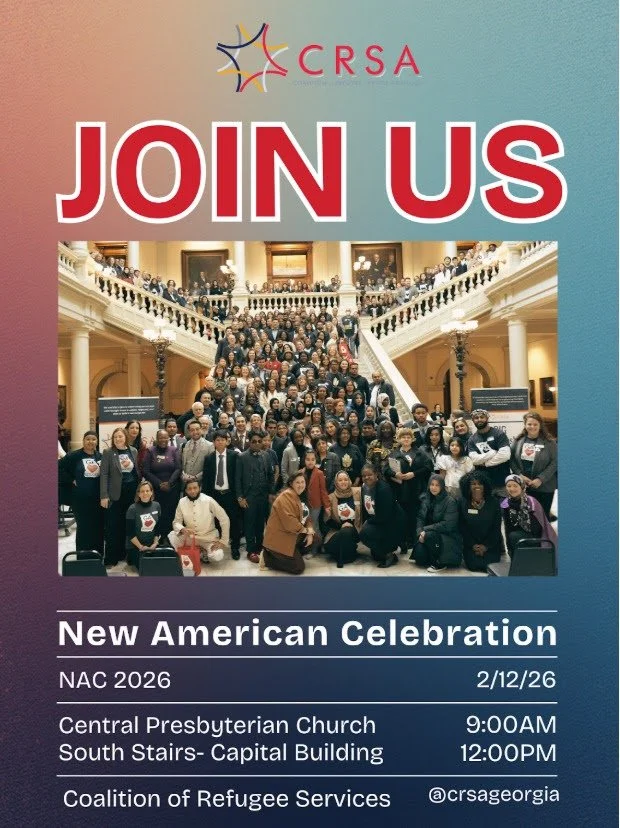Adoption Myths Debunked
/November is National Adoption Month, and all month long we're celebrating families that were created through adoption.
If you’re thinking about adopting a child, you may have heard a lot of the common myths regarding adopting children in foster care. If this is a path you or a family member are considering, make sure you know the facts.
Parents must a “perfect” married couple to adopt.
Prospective adoptive parents do not have to be rich, married, own a home, or live in a certain area to become an adoptive parent (Nearly one-third of adoptions from foster care are by single parents). At LSG, we work with all types of families and individuals who are willing and committed to becoming adoptive parents. In fact, our families are as diverse as the children who are available for adoption. Patience, a good sense of humor, a love of children and the commitment to be a good parent are the most important characteristics.
Note: Prospective parents must be at least 25 years of age and at least 10 years older than the child(ren) placed.
All children in foster care have some kind of physical, mental or emotional disability; that’s why they are classified as “special needs.”
The term “special needs” in adoption and foster care is somewhat misleading. “Special needs” is defined in Georgia as
- A child who has been out of the custody of his or her legal or biological parent for more than 24 consecutive months
- Siblings who need to be placement together
- Children who have been diagnosed with physical, emotional or behavioral disabilities
Children who are dealing with physical, behavioral or emotional issues need the nurturing support only a permanent family can provide. Many children in foster care are in the “system” because their birth parents weren’t protective and nurturing caretakers— not because the children did anything wrong or because there is something wrong with them.
Adopting a child from foster care is expensive.
Actually, adopting children from foster care can be very affordable, and a growing number of companies and government agencies offer adoption assistance as part of their employee benefits packages, including time off for maternity/paternity leave, financial incentives, and other benefits.
Congress has also made federal tax credits available for foster care adoptions to help offset required fees, court costs, and legal and travel expenses. In 2014, the maximum federal tax credit for qualifying expenses was $13,190. These types of benefits enable more families to adopt children from foster care into their homes.
Adoptive parents receive adoption assistance from the day a child is placed in their home and continues once the child is adopted if the child meets the “special needs” definition listed above. The children also may qualify for Medicaid to cover most medical costs.
Children in foster care have too much “baggage.”
This is perhaps the biggest myth of all. Children in foster care—just like all children—have enormous potential to thrive given love, patience and a stable environment.
For more information on adopting a child from foster care, please visit our website, www.lsga.org, and click on adoption.














